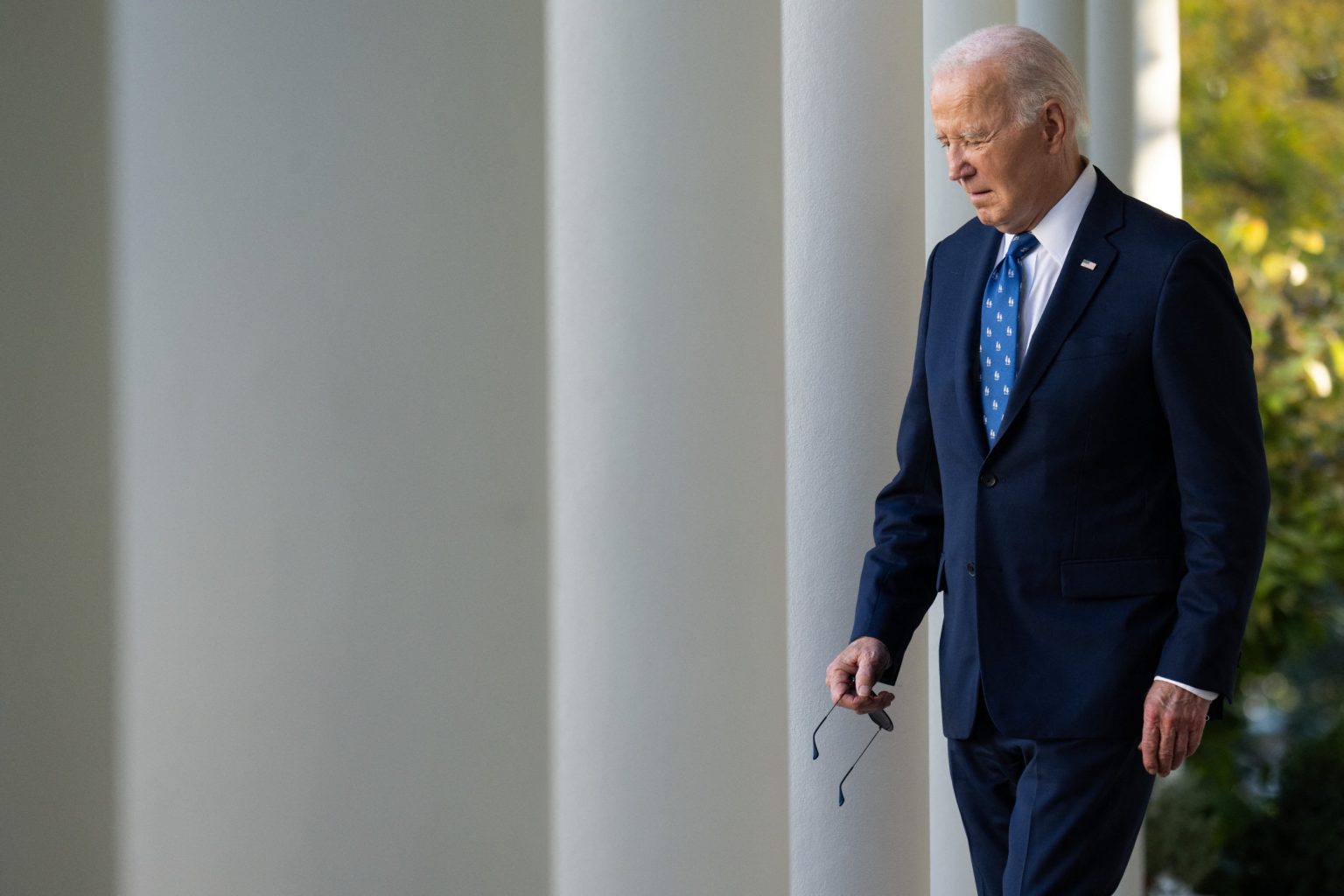President Joe Biden’s decision to pardon his son Hunter Biden has sparked a significant backlash from Republicans, who accuse the president of hypocrisy and lying about his commitment to honor judicial decisions. Prominent figures in the Republican party have taken to social media platforms and other channels to criticize Biden’s actions, suggesting that the pardon demonstrates a troubling double standard in the administration’s accountability measures. Former President Donald Trump denounced the pardon as “an abuse and miscarriage of justice,” questioning if it also encompassed individuals incarcerated related to the January 6th Capitol riot. His communications director, Steven Cheung, echoed this sentiment, accusing the Department of Justice of being weaponized against political opponents, which he claims Trump would rectify upon returning to the presidency.
Additionally, comments from Donald Trump Jr. and Iowa Senator Chuck Grassley have added to the chorus of Republican condemnation, expressing feelings of betrayal due to Biden’s prior statements against issuing a pardon. Congressman Jim Jordan highlighted contradictions within the Democratic narrative regarding their impeachment inquiries into Biden, implying that the pardon contradicts claims of innocence related to the investigations against him. The right-leaning commentary surrounding the pardon has also included assertions from political commentators like Ben Shapiro, who has drawn connections between Hunter Biden’s pardon and the ongoing allegations of influence peddling, calling into question the president’s integrity.
Meanwhile, reactions from some political analysts and commentators have struck a more moderate tone. Figures such as Andrew Yang acknowledged the likely motivations behind Biden’s actions, suggesting familial loyalty while recognizing the poor optics. Ezra Klein suggested that the political landscape post-pardon reflects the intense scrutiny Hunter Biden faces and the desire to protect him from relentless pursuit by opponents. However, others echoed harsher critiques similar to those from prominent Republicans, emphasizing the implications of precedents set by Biden’s decision to pardon his son and noting how the narrative surrounding Hunter might influence future political contexts.
Pollster Nate Silver expressed his frustration, especially over perceived dishonesty regarding Biden’s initial stances on Hunter’s legal matters, highlighting a sentiment among some voters that the administration’s credibility is at risk. This sentiment resonated with a broader audience on the left, many of whom expressed irritation at Republican reactions to the pardon that they deemed hypocritical, given Trump’s history of pardoning controversial figures. Notable voices on the left pointed out the inconsistency in Republican stances, urging that critiques of Biden’s actions should be met with equal scrutiny of past Republican pardons.
Some progressive commentators like Mehdi Hasan and Bakari Sellers pushed back against the Republican narrative, emphasizing the absurdity of the criticisms given the context of pardoning actual insurrectionists and Trump’s prior leniency towards his associates. They argued that Biden’s pardon of Hunter should be viewed within a broader context of Republican behavior, which includes nepotism and unqualified appointments. Hasan humorously critiqued the disproportionate outrage from some traditional liberal circles, distancing his priorities from those of mainstream election discourse.
Further extending the debate, notable figures like Keith Olbermann and Qasim Rashid argued for more expansive actions from Biden, suggesting he should embrace a more radical approach to pardoning and other executive actions instead of stopping with Hunter. They communicated a desire for Biden to leverage the power of his office to address broader systemic issues like student debt relief and civil rights protections in response to growing political extremism. Collectively, these discussions reflect the heightened political tensions surrounding the Biden administration and the divergent perspectives on the implications of the Hunter Biden pardon, as both sides navigate the complexities of justice, privilege, and accountability in American politics.

